Regular readers of The Rap Sheet will undoubtedly recognize the name Roger (or “R.N.”) Morris. He’s not only an infrequent contributor to this blog, but he’s  also the author of a pair of novels that feature the fictional mid-19th-century Russian detective, Porfiry Petrovich, introduced in Fyodor Dostoevsky’s Crime and Punishment (1866): 2007’s The Gentle Axe (published in Great Britain as A Gentle Axe) and 2008’s A Vengeful Longing.
also the author of a pair of novels that feature the fictional mid-19th-century Russian detective, Porfiry Petrovich, introduced in Fyodor Dostoevsky’s Crime and Punishment (1866): 2007’s The Gentle Axe (published in Great Britain as A Gentle Axe) and 2008’s A Vengeful Longing.
This author was born in Manchester, England, and studied Classics at Cambridge. He worked for many years as a freelance advertising copywriter, while simultaneously penning fiction. He has a composed a horror story, “The Devil’s Drum,” which became a short opera, and was performed at the Purcell Room in London. His first novel, Taking Comfort (Macmillian, 2006) was a contemporary urban thriller. Building on the popularity of his first two Porfiry Petrovich yarns, Morris has recently submitted to his publisher the third book in that series, A Razor Wrapped in Silk.
 also the author of a pair of novels that feature the fictional mid-19th-century Russian detective, Porfiry Petrovich, introduced in Fyodor Dostoevsky’s Crime and Punishment (1866): 2007’s The Gentle Axe (published in Great Britain as A Gentle Axe) and 2008’s A Vengeful Longing.
also the author of a pair of novels that feature the fictional mid-19th-century Russian detective, Porfiry Petrovich, introduced in Fyodor Dostoevsky’s Crime and Punishment (1866): 2007’s The Gentle Axe (published in Great Britain as A Gentle Axe) and 2008’s A Vengeful Longing.This author was born in Manchester, England, and studied Classics at Cambridge. He worked for many years as a freelance advertising copywriter, while simultaneously penning fiction. He has a composed a horror story, “The Devil’s Drum,” which became a short opera, and was performed at the Purcell Room in London. His first novel, Taking Comfort (Macmillian, 2006) was a contemporary urban thriller. Building on the popularity of his first two Porfiry Petrovich yarns, Morris has recently submitted to his publisher the third book in that series, A Razor Wrapped in Silk.
Morris’ prose is polished, his plotting is superb, and he has a refined sense of black humor. He’s a writer from whom other writers might learn. So, when Morris and his family arrived on holiday recently in the Umbria region of central Italy, we asked him to speak to readers in the local capital of Perugia. The temperature at that time was in the mid-30s, which we feared would put off all but the most enthusiastic fans. Fortunately, though, almost three dozen people turned up to hear us ask Morris questions (and ask a few questions of their own) about The Gentle Axe (which was published in Italy as Il Giudice Porfirij), his evolution as a writer, and his associations with the land and literature of Russia.
Michael Gregorio: Tell us about the curious dedication which introduces A Gentle Axe: “For my mother, Norma, who likes a good murder.” Surely there’s a story there.
R.N. Morris: My mother was a keen reader of what we would probably call “pulp.” She liked nothing better than a good thriller. A good murder, too. I suppose that’s where my own interest in the genre springs from. There were always crime books scattered round the house, and it was inevitable that I would start to read them sooner or later.
MG: What kind of thing were you first drawn to?
RNM: Well, initially, I suppose, Agatha Christie and the Sherlock Holmes mysteries, but even before that I had got a taste for suspense by reading Enid Blyton. Do you remember the series of books that she wrote for children featuring the Secret Seven and the Famous Five, where a minor mystery turns into an adventure for the kids who stumble on it? I really loved those books!
MG: So, how did you graduate, let’s say, from reading to writing about crime?
RNM: It all started at school. I always seemed to love writing, and I liked telling stories. And then at secondary school, we had an English teacher who gave us homework at the weekends, and often we had to write a short story. Well, that was fine by me. I didn’t attach much importance to it, until, one day, our teacher was absent, and another teacher sat in with the class and decided that we ought to read our stories out loud. “Who shall we begin with?” he asked the class, and all the kids called out in a single voice, more or less: “Roger, Roger Morris!” That was when I began to wonder whether I might eventually become a writer ...
MG: How did you eventually become a writer?
RNM: Well, it all comes down to mum again. As well as crime novels, she used to read women’s magazines, like Woman and Woman’s Own, and so on, and they all contained short stories. I’d pick them up and read them, and I suppose I learnt from them because I began trying to write stories along the same lines. Inevitably, I began to submit them, too. But I just kept getting rejection after rejection ...
MG: But that changed, too.
RNM: Well, yes. I suddenly realized that I was trying to write for older women, and that maybe I wasn’t ready for it. I also realized that there were other magazines aimed at teenagers--mainly girls, again--and I had a go at writing for them. And finally, one of my stories was published. That was a real thrill for me. Well, I did some more of those while I was studying at university, and, of course, the next step was to think about writing a novel.
MG: Which you did.
RNM: Well, I did, but they didn’t really go anywhere. I have a suitcase full of unpublished novels under the bed. Eventually, I found myself an agent, and the books were sent out to publishers, and they came back again, and all with the same result. Zilch!
MG: Just like us! Mike [aka Michael G. Jacob, the English half of the husband-and-wife writing team who publish as “Michael Gregorio”] has had three agents, Daniela [De Gregorio] has had two, and we have the same stack of old papers hidden away somewhere. What about you, Roger?
RNM: I’ve had two agents, as well. The second one, my present agent, Christopher Sinclair-Stevenson, did the rounds with the books, and it was just the same, they didn’t really seem to be going anywhere. He was on the point of giving up, I think, but then I had this idea for a crime novel featuring Porfiry Petrovich and St. Petersburg. His eyes lit up at that and I could tell I was on to something.
MG: People in Italy don’t really understand how important a literary agent is. Here, they hardly exist, you know, because so much fiction--over 90 percent--is imported from America and the European countries. OK, Roger, so you had an agent, you were writing novels, and suddenly you got a break. Well, in fact you got two breaks!
RNM: Yeah, that was funny, really. I wrote the first Porfiry book, A Gentle Axe, my agent sent it out, and [publisher] Faber and Faber expressed an immediate interest. At almost the same moment, Macmillan were keen to take on a literary novel--let’s call it a novel of “contemporary interest”--which I had written, entitled Taking Comfort. Well, that caused a bit of confusion. I didn’t want to tell either publisher in case they both pulled out.
MG: And thus, you published both books. One as R.N. Morris, the other as Roger Morris. So, in a sense, you were free to choose the direction that you wanted to take after that experience. Why did you concentrate on crime-writing?
RNM: Can I say “for the money”? It wasn’t only that, of course. When Faber bought the first Porfiry book, A Gentle Axe, the contract was for two books, so I was lined up straight away to write a second one, and I already had ideas for four novels featuring him … Also, I was fascinated by the prospect of working in the crime genre; I saw it as a real challenge. I wanted to know if I could do it.
MG: Where did your interest in Porfiry Petrovich come from?
RNM: Well, I had started reading the Russians in English translation, and I picked up a copy of Crime and Punishment from the library. I was taken in by the amazing blurb on the back cover, really. It concentrated almost entirely on the figure of Porfiry, who was described as being “one of the very first detectives in fiction.” It made the book sound like a crime novel--which it was, of course--though when I read it, I realized how minor a role Porfiry actually plays. Still, I was fascinated by the book, hooked by the crime that Dostoevsky described, the leaden atmosphere and the crushing poverty of the time, as well as by the huge religious and philosophical ideas in the book. I saw a lot of scope in the character of Porfiry Petrovich, too, and I dreamt of doing something with him. At the same time, it all seemed a bit daunting. I didn’t speak Russian, I hadn’t been to Russia. I didn’t really know how to go about it.

 The more I thought about it, however, the more I wanted to do it. In the end, I sat down and I tried.
The more I thought about it, however, the more I wanted to do it. In the end, I sat down and I tried.QUESTION FROM THE AUDIENCE:How did you go about researching the book?
RNM: Mainly through reading Russian novels of the time, particularly Dostoevsky, of course. Also, I studied street maps of St. Petersburg, did a lot of reading, used the Internet. It was more complicated than it sounds, because so much had changed--the names of streets and squares, for example--as a consequence of the [1917 Russian] Revolution. Finally, I thought, well, it’s all there, Dostoevsky knew the place, and it worked for him. I sort of followed the topography as he had laid it out ...
QUESTION FROM THE AUDIENCE: And you’d never been to Russia?
RNM: Not then. I went on holiday shortly after the first book was published, and while I was writing the second novel, A Vengeful Longing. I was amazed, you know. It was a surreal sort of experience. Very dreamlike. I seemed to know the place like the back of my hand, it matched up pretty well with what I had imagined and written. And with what I’d read of Dostoevsky, obviously. I met a Russian guy--a genuine St. Petersburgian called Andrey--who was on my flight over. We got chatting on the Metro into St. Petersburg. He told me his life story and offered to take me on a walking tour of the city. I gave him a copy of A Gentle Axe and he contacted me after he had read it and told me he was struck by “the strong Russian, St. Petersburg feel of it.” I think he had been a bit skeptical, with me being an Englishman.
MG: And there’s more of Porfiry Petrovich in the pipeline, right?
RNM: Well, I have just submitted the third novel in the series, and I’m pretty pleased with it. It is entitled A Razor Wrapped in Silk, and it features the abduction of a child factory laborer and the sensational murder of a society beauty--two crimes from opposite ends of the social spectrum.
MG: It sounds fantastic. We look forward to reading it, and to seeing the Italian translation of A Vengeful Longing, which should be appearing soon in Italy. A final question, Roger: Will A Razor Wrapped in Silk bring the Porfiry Petrovich series to an end?
RNM: Book 4 is all planned out and I’m ready to start writing it just as soon as we get home!
(Author photo by Claire Morris.)
---
Michael Gregorio, The Rap Sheet, Tuesday September 8, 2009



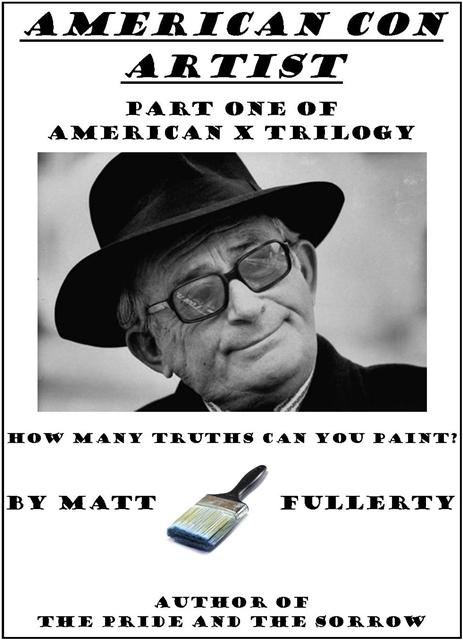cropped.jpg)
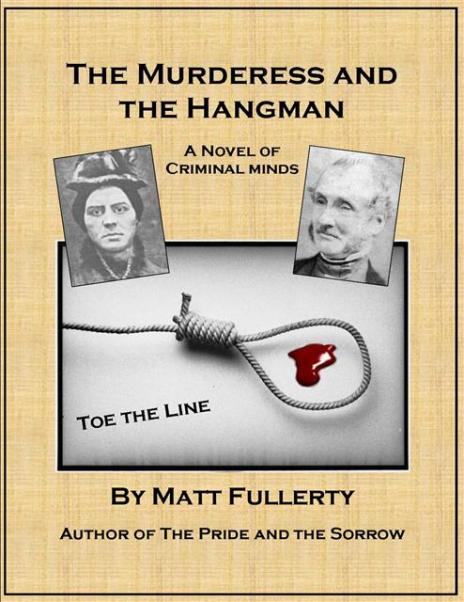.jpg)
cropped.jpg)
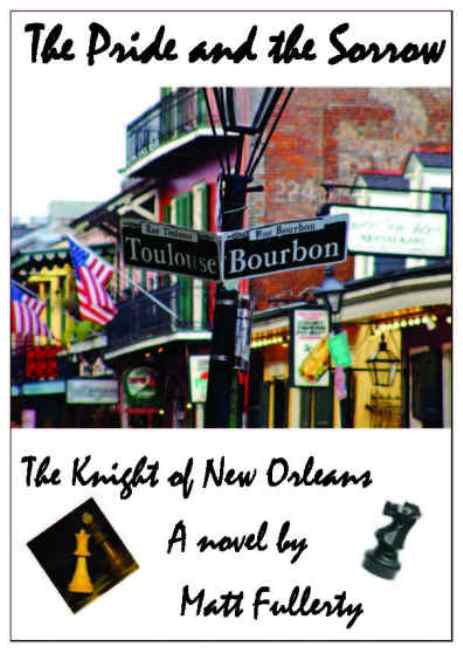2.jpg)
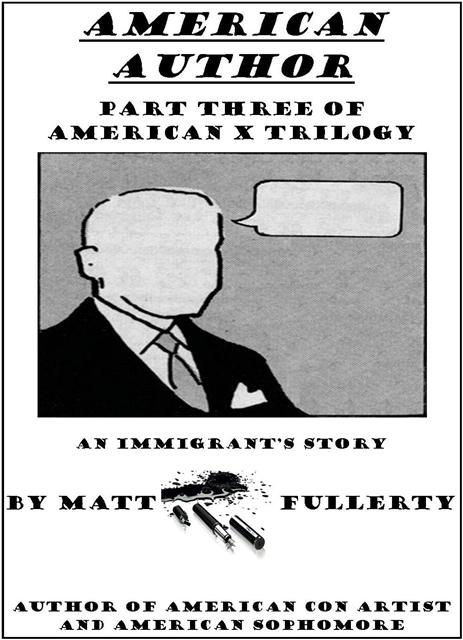Cropped.jpg)
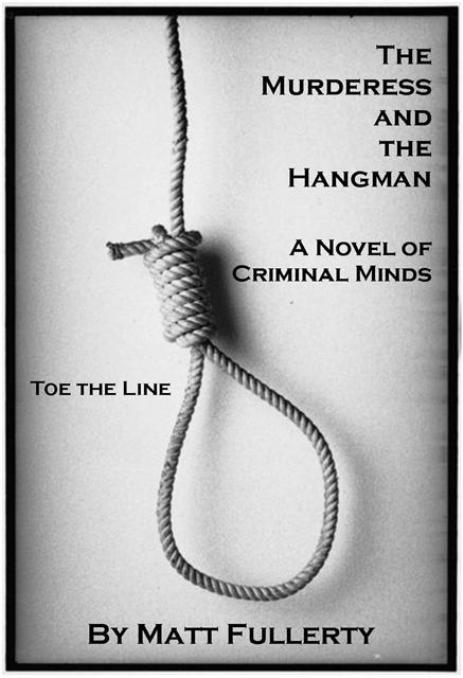cropped.jpg)
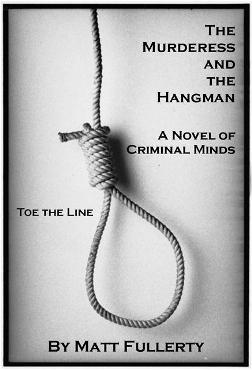4.jpg)























No comments:
Post a Comment